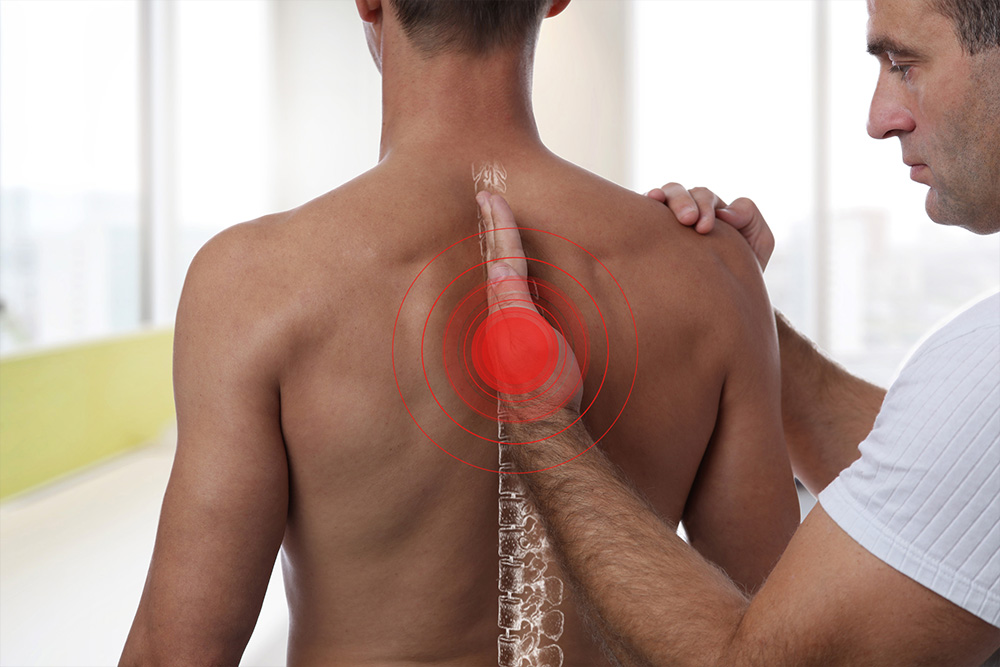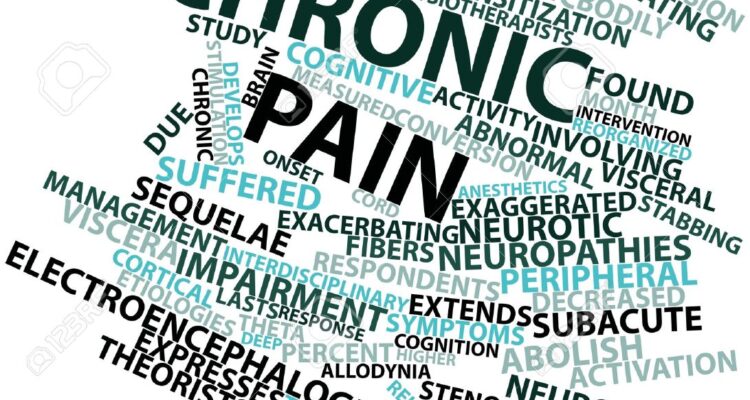Pain lasting more than six months is considered chronic. It’s common for adults over 50 to suffer from chronic pain, but it may afflict anybody. Unlike acute or short-term pain, which resolves on its own, chronic pain is not self-healing. Rather, it worsens over time and can lead to severe disability. If you’re dealing with chronic pain, please read the following article for tips and advice.
Consider Osteopathy Treatment
Osteopathy treats the musculoskeletal system, and it believes that treating the full body rather than only focusing on a single portion is more effective.
Osteopaths use deep-tissue massage to release tight muscles to treat unpleasant illnesses such as back pain, arthritis, and migraines. They may also help to enhance your joints’ range of motion, which can help alleviate pain and stiffness. Osteopaths have been shown to help many patients who suffer from chronic pain.

Consider Meditation
You may learn how to regulate your thoughts and tolerate the suffering through mindfulness meditation, which is a sort of awareness. Accepting one’s discomfort but without judging it is a characteristic of those who practise mindfulness meditation.
As a result, kids learn to observe their thoughts and feelings without criticising or attempting to alter them. As a result, you’re better able to cope with the symptoms of chronic pain.

Chronic pain can be alleviated by practicing mindfulness, chronic pain can produce sadness, rage, and tension, which can be alleviated by this treatment. The practice of mindfulness meditation may help alleviate some of the tension you’re feeling as a result of your chronic pain.
As meditation makes you more relaxed and therefore more focused, you can get back to doing the things you enjoy, wherever that being spending time with your friends and family or even being able to focus by playing the variety of games on these UK casinos accepting credit cards.
Consider Medicines
Another option for treating persistent pain is medication. Medications prescribed by your doctor may help you manage your pain, but they also come with a list of potential negative effects. Nausea, insomnia, and sadness are among the symptoms. Many medications function by preventing your body from releasing substances that induce inflammation or alter your perception of pain.

These treatments can help alleviate your chronic pain, and they may be more effective than opioids, which are opium poppy plant-derived pharmaceuticals that have a euphoric and drowsy effect. It’s critical that you follow your doctor’s instructions when taking your medicine to avoid becoming addicted to it.

